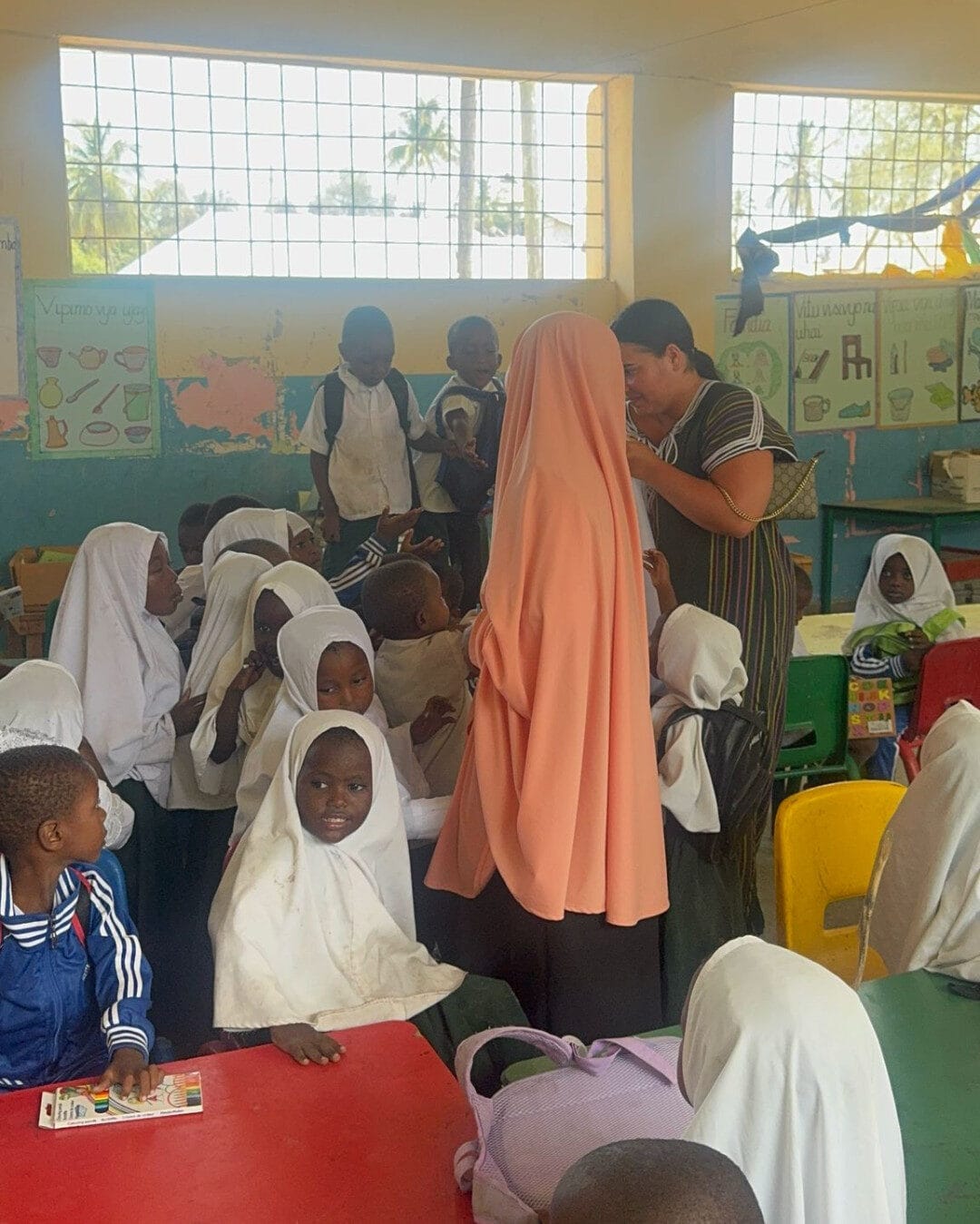How to Greet Someone in Swahili – Essential Phrases for Your Zanzibar Trip
When planning your trip to Zanzibar, learning how to greet someone in Swahili is one of the most rewarding ways to connect with the locals. Swahili isn’t just a language—it’s a doorway into culture, respect, and human warmth. Even a few simple words can spark smiles, open conversations, and show that you care. In this guide, we’ll walk you through the basics. That way, you can arrive with confidence and start your trip on the right note.
Why Swahili Makes a Big Difference on Zanzibar
Swahili, or Kiswahili, is the official language of Zanzibar and much of East Africa. While English is widely spoken in tourist areas, using local greetings shows respect and curiosity. Moreover, that effort rarely goes unnoticed. Locals will often brighten up when they hear you say “Jambo” or “Asante.” Whether you’re walking through a village, entering a market, or joining a tour, knowing how to greet someone in Swahili will create real moments of connection.
Essential Swahili Greetings to Know
Let’s start with the basics. These are the greetings you’ll hear and use most often:
- Jambo! – “Hello!” (used especially with visitors)
- Habari? – “How are you?” or “What’s the news?”
- Nzuri – “Good” (response to Habari)
- Asante – “Thank you”
- Karibu – “Welcome” or “You’re welcome”
- Kwa heri – “Goodbye” or “Farewell”
Now that you know what to say, let’s look at when and how to say it. In addition, we’ll explore how greetings fit into local customs.
How to Start a Conversation in Swahili
So, you’ve got the words—what now? A good place to start is with a friendly question like “Habari gani?” (How are you?) or “Umetoka wapi?” (Where are you from?). Don’t worry if your pronunciation isn’t perfect. Most locals will appreciate your effort and help you along. In fact, many will smile and continue the conversation even if you make a mistake. Remember, it’s less about getting it right and more about showing respect and openness.
Cultural Tips for Greeting People in Zanzibar
Swahili greetings aren’t just about language—they’re a social ritual. A warm handshake (sometimes with a light touch on the forearm), good eye contact, and a smile go a long way. Furthermore, in smaller towns or villages, greetings can take longer and feel more personal. This isn’t a place for rushing. People take time to ask how you are, how your family is, and what brings you here. Therefore, it’s polite and expected to greet shopkeepers, hosts, and even passers-by.
Why These Words Make Your Trip Better
Learning how to greet someone in Swahili does more than break the ice—it changes the entire vibe of your journey. Locals will see you as someone who cares, not just another tourist. As a result, doors open—both literally and figuratively. You might be invited to a family meal, get local tips, or hear personal stories. In other words, these interactions create memories far beyond what you’ll find in any guidebook. A small effort in language creates big opportunities for connection.
Ready to Experience the Real Zanzibar?
At Take Me To Zanzibar, we live here—and we’d love to help you discover the island through the eyes of the people who call it home. In addition to sharing language and customs, we’ll take you to places most tourists never see. With a few Swahili greetings and an open mind, your trip becomes so much more than a holiday—it becomes a shared experience.









